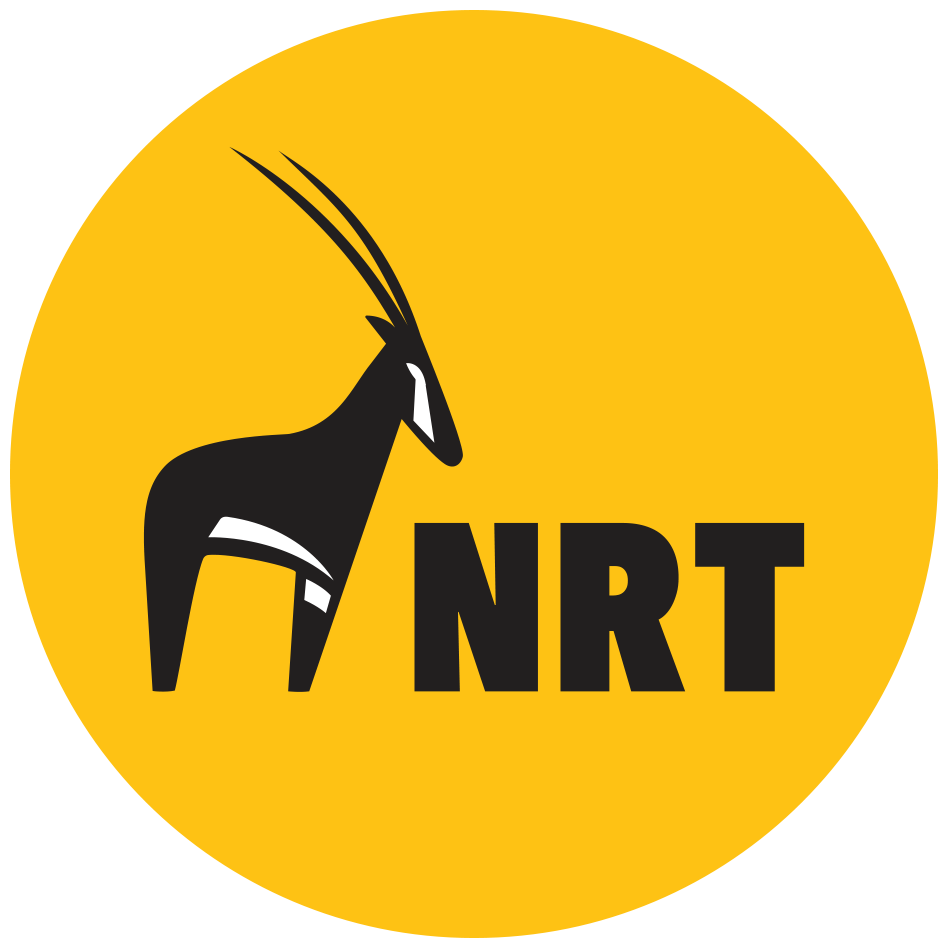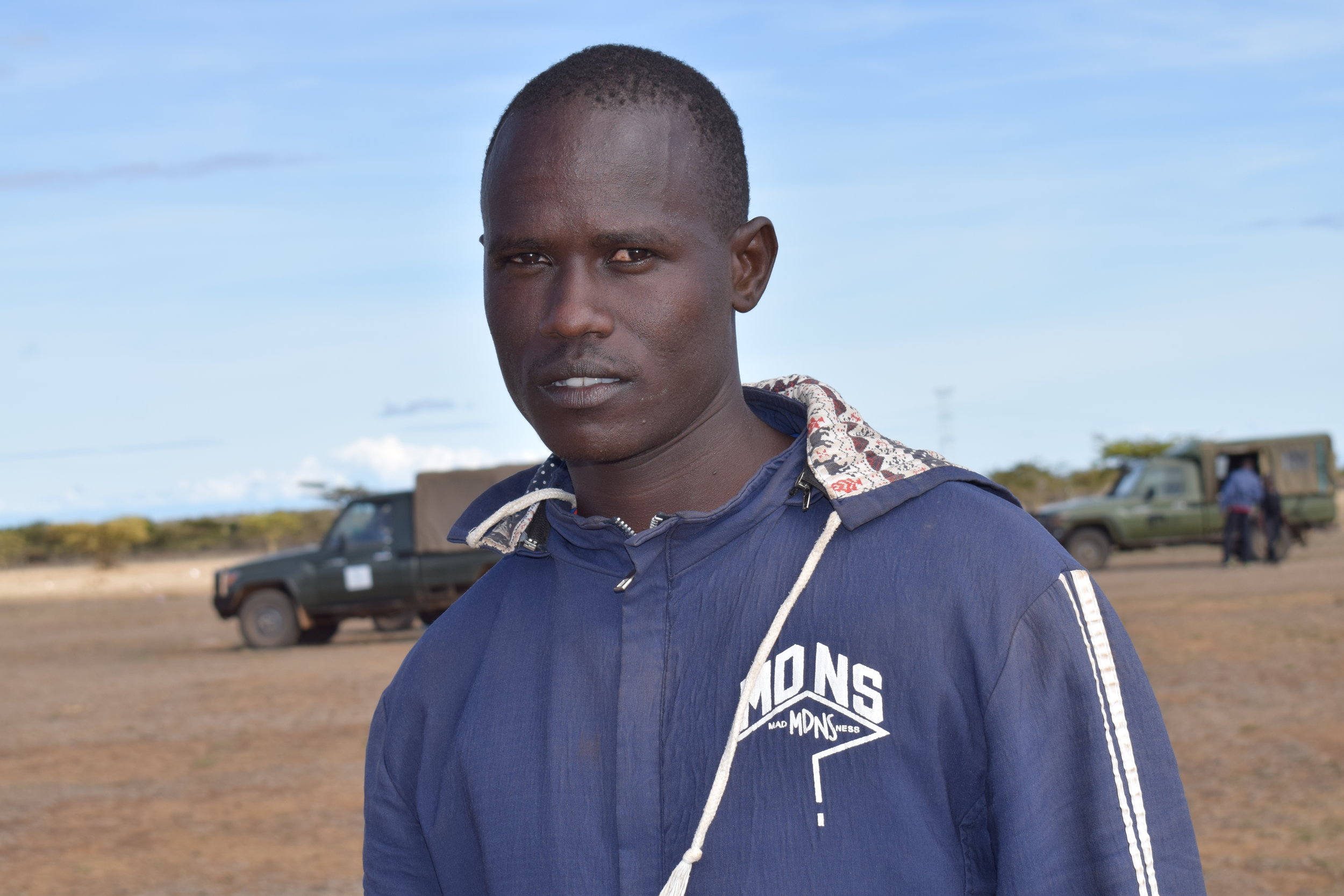#10Morans: Moses Domonyang' — ranger and champion for education
Meet Moses Domonyang, a ranger at Pellow Community Conservancy who uses his experience to raise awareness on the importance of education in his community. His story is the seventh in our #10Moran series.
Moses has no formal education. Like so many children born into pastoralist families in his area, school was never an option. “When I was young, going to school was not as important as herding my family’s livestock, it was simply incomparable!” he says. “I therefore missed the greatest opportunity I wished to have.”
The 25-year old spent much of his teenage years out in the bush, following the rains with his livestock. He admits to being involved in fierce fights over resources and cattle during this time, some of which resulted in tragedy — he has lost friends to conflict, and thinks that limited job prospects outside of livestock is a driving factor in the escalation of violence for many young men.
In 2015, the formation of Pellow Conservancy in West Pokot County by the local communities opened up many opportunities; for peace, governance, conservation, and jobs. On a whim, Moses applied for a job as a conservancy ranger, and got it. “My life turned around when I became a ranger,” he says.
Regular duties for Moses and his team involve working closely with the law enforcement agencies — conducting security patrols, preventing conflict, protecting wildlife, and gathering data on key species.
In his spare time however, Moses visits various towns and villages in and around the conservancy to promote another cause close to his heart - education. Organising meetings with women and young warriors, Moses shares his story, imploring families to think carefully about choosing not to send their children to school.
“Some parents from remote areas are still putting pressure on their children to stay back at home to help them with daily household chores,” he says. “This is why I have decided to go round persuading them to let their children go to school to allow them to forge their own pathways in life.”
He also encourages young warriors to shun cattle rustling and inter-tribal conflict, saying it paralyses learning in schools.
“I now know the importance of getting a formal education, I did not have that chance but I will keep on championing for parents within our conservancy to take their children to school since they will be future forces of change within our community.”

